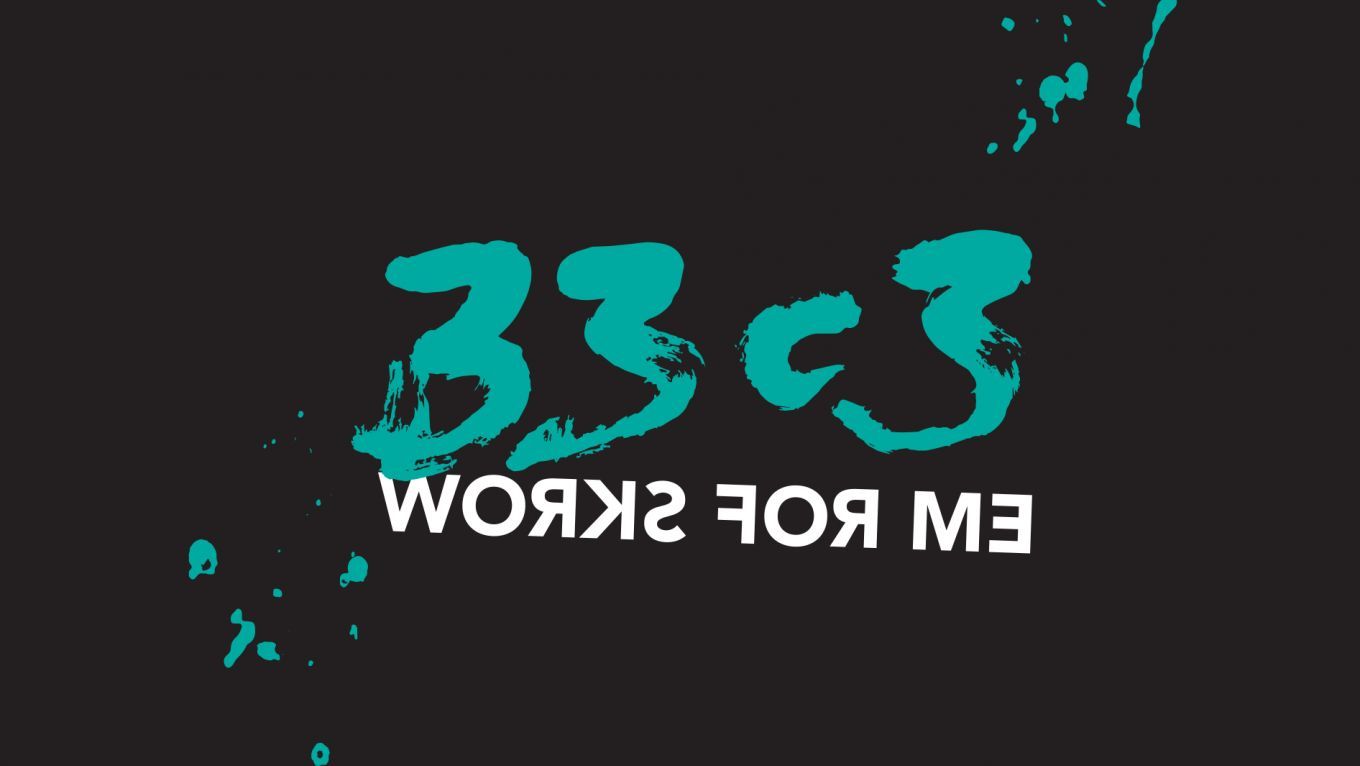Ethics, Society & Politics
Ethics in the data society
Power and politics in the development of the driverless car
This talk presents the idea that ethics as logic that can be programmed into machines doesn’t seem to work; perhaps, ethics is something else. This talk is about what that something else may be – power. (This talk is not about the Trolley Problem! But it will mention why it shouldn’t apply to the driverless car.)
No one is quite sure what ethics in big data really means, so it’s important that we have conversations about what is it and is not. Ethics is thought of as something that can be programmed into machines because our notions of ethics are often based on logical reasoning. (What if ethics were about natural language processing?)
Based on ongoing research about the development of artifical intelligence in the driverless car, this talk describes how „ethics“ is being deployed to shape the idea of accountability in the context of the law and insurance; it is presented as a problem to be solved by software; it is an imagined space of „cybernetic success“; and it is a proxy vocabulary for the relationship between humans and machines working together. This talk is about how the emergence of this new technology is reshaping what ethics means in a data society.
Additional information
| Type | lecture |
|---|---|
| Language | English |
More sessions
| 12/27/16 |
As they say in the Air Force, ‚No comms no bombs‘, – A technician’s insight into the invisible networks governing military drones and the quest for accountability
|
| 12/27/16 |
Both strong end-to-end communications encryption and device encryption are legal in most jurisdictions today, and remain widely available. Yet software programmers and hardware producers are increasingly under pressure from law enforcement and policy makers around the world to include so-called backdoors in encryption products.
|
| 12/27/16 |
Polizeibehörden und Geheimdienste sammeln Daten der Bürger – mehr als je zuvor. Der Bestand an unterschiedlichen Datenbanken ist enorm gewachsen und geradezu unübersichtlich geworden. Aufgrund datenschutzrechtlicher Regelungen gibt es für etliche dieser Datenbanken einen gesetzlichen Auskunftsanspruch des Bürgers.
|
| 12/27/16 |
In early 2015, the Federal Bureau of Investigation hacked computers in Austria, Denmark, Chile, Colombia, Greece, and likely the United Kingdom and Turkey too. In all, the agency used a Tor Browser exploit to target over 4000 computers spread across the world based on a single, arguably illegal warrant.
|
| 12/27/16 |
This talk presents the results of the technical analysis for the German Parliamentary Committee investigating the NSA spying scandal on geolocation methods in mobile networks.
|
| 12/27/16 |
Nach drei Jahren wurde endlich die nutzerunfreundliche Praxis des Routerzwangs („Compulsory Routers“) gesetzlich für unzulässig erklärt, und aktuell treibt uns die EU-Funkabschottung („Radio Lockdown Directive“) um. Um was geht es dabei? Und was können wir daraus für andere Fälle lernen?
|
| 12/27/16 |
After three years the EU has for the first time new Net Neutrality rules. What do they mean in practice? Which commercial practices by ISPs are allowed and which have to be punished by the telecom regulator. We give an overview about three years of campaign and where we go from here.
|

